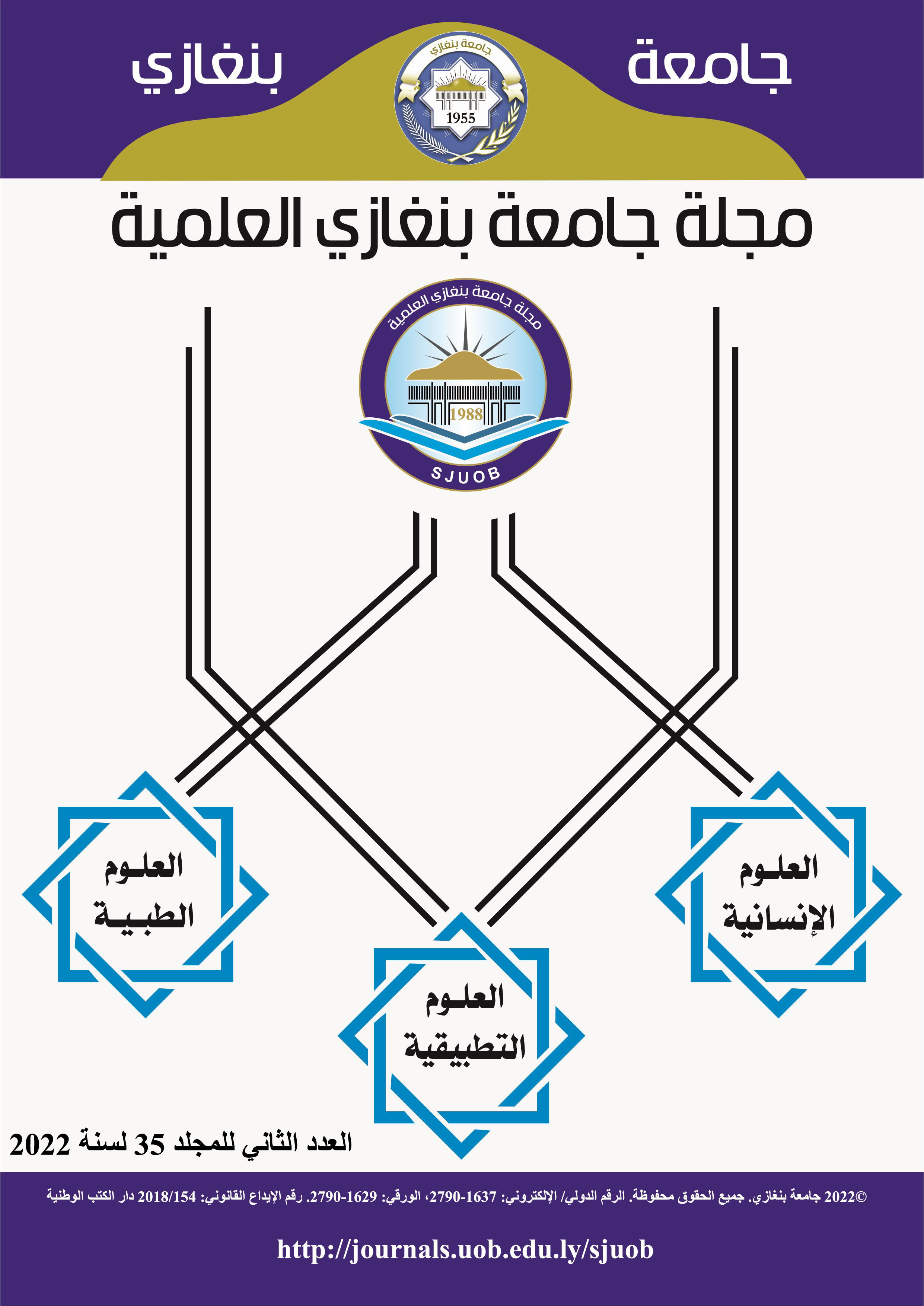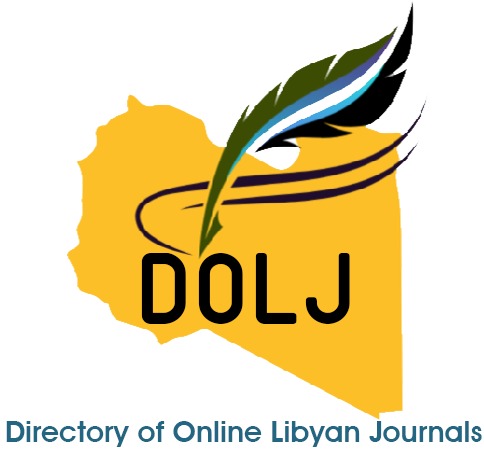"Legislative and judicial treatment of the conflict between judicial rulings "Study in Libyan Law"
DOI:
https://doi.org/10.37376/sjuob.v35i2.3792Keywords:
Judicial Ruling, Conflict, Authenticity, Focus of Jurisdiction, Supreme CourtAbstract
The law assumes that (The Verdict Is The Title Of Truth) is an expression of the fact established by the judicial ruling, which implies that the ruling was correct in terms of its procedures, and that it is right in terms of its subject matter.
However, this supposed fact may be shaken, and with it confidence in the entire judicial system, if the litigants find themselves facing cases in which the judicial rulings issued by it contradict, so the prestige of the judiciary is lost, and social security and peace are disturbed, not to mention the obstacles that impede the compulsory implementation of these conflicting rulings.
Therefore, the legislator was required to find effective technical tools whose implementation would prevent the risk of potential conflict between judicial rulings, whether during the course of the judicial litigation or after its end, which is what the first requirement of this study deals with.
While recognizing that no matter how keen the legislator is and organizing these tools, the possibility of access to them and the occurrence of conflict remains present and expected, which requires that the treatment extend to the hypothesis of the occurrence of conflict to ensure its removal and lifting, so the second requirement of this study focused on examining the mechanism prescribed for lifting the conflict after it breaks.
The importance of this study lies in examining the effectiveness of the treatment adopted by the Libyan legislature as well as the judiciary in facing the conflict, and shedding light on the shortcomings and making recommendations in this regard, leading to a judiciary that protects the rights of litigants and facilitates the means for them to obtain them.
Downloads
Downloads
Published
How to Cite
Issue
Section
License
Copyright (c) 2023 The Scientific Journal of University of Benghazi

This work is licensed under a Creative Commons Attribution-NonCommercial-NoDerivatives 4.0 International License.



















